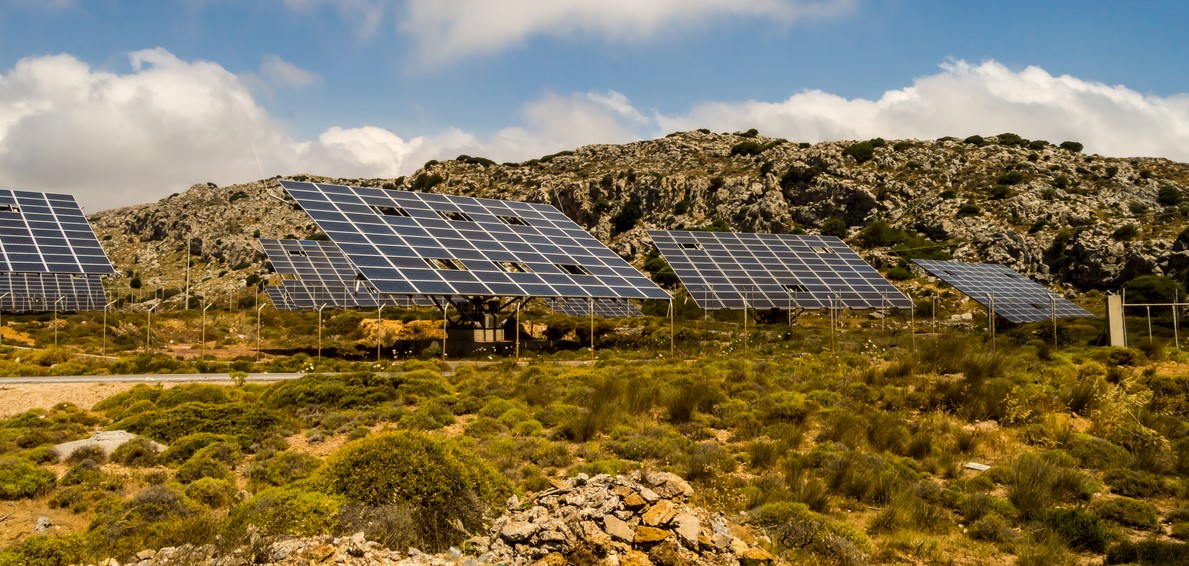
Sectors to Watch: Renewable Energy
Following the economic shock caused by the Covid-19 pandemic, investors, policymakers and businesspeople are trying to discern which sectors will drive economic growth in the coming years. In our August 2021 newsletter, we identified 5 sectors to watch in Africa, which are likely to be at the forefront of the continent’s post-Covid-19 economic recovery. The third of these 5 sectors is renewable energy.
Renewable Energy
In June 2021, the largest solar power plant in West Africa opened in Togo. The 50MW project, which is planned to be expanded further before the end of the year, is expected to provide power to more than 158,000 households in the small West African country. Africa has long been recognised as a continent with an abundance of renewable energy potential and, while certain countries such as South Africa have become established in this field, others like Togo have lagged behind, relying on Africa’s major oil and gas producers for energy. However, this is rapidly changing, as governments, intergovernmental organisations and development finance institutions focus on meeting UN Sustainable Development Goal (SDG) 7: Universal access to affordable clean energy by 2030.
Africa is home to significant renewable energy resources, particularly for solar power. As the world’s most sun-rich continent, it is estimated to hold 40 percent of the globe’s solar power potential, in addition to notable hydro, wind and geothermal resources. However, much of this potential remains untapped, as electricity production is still dominated by fossil fuels. According to the IMF, solar and wind power accounted for only 3 percent of electricity generated in Africa in 2018. And, at the same time, electricity access remains low in Africa. A recent report on SDG7 by the International Renewable Energy Agency (IRENA) found that the 20 countries that comprise the smallest share of population with access to electricity in 2019 were all located in sub-Saharan Africa. This included the Democratic Republic of the Congo (DRC), a country of over 85 million people with an electricity access rate of only 9 percent. And, for those with access to electricity, supply is often unreliable. As the IMF has estimated, power shortages cost the continent between 2 and 4 percent of GDP per year.
Accordingly, not only are there untapped renewable energy resources in Africa but also a substantial market of potential consumers. This situation has led to calls for greater decentralisation of electricity production from the African Development Bank (AfDB) and other regional players, with the introduction of mini and micro-grids to the African market. These are well-suited for rural Africa, where national grids provide even more limited coverage. For example, in the DRC, only 1 percent of the rural population has access to electricity. They have also become more financially viable, with the falling costs of renewable energy technology. This is especially the case for solar power, where costs have fallen by 77 percent between 2010 and 2018, according to IRENA. As a result, the agency has claimed that almost two-thirds of renewable energy generation brought online in 2020 had lower costs than the cheapest fossil fuel alternative.
Consequently, as inefficient state-owned utility companies come under increasing pressure to stop subsiding electricity across the continent, it is likely that this decentralisation of production will become an increasingly attractive option for both consumers and investors. This can already be seen with the announcement in July 2021 of a new $600 million renewable energy financing agreement between AfDB and the Korea Eximbank. Other investments will follow and, as Africa’s population is set to double between 2018 and 2050, demand for decentralised renewable energy projects will increase rapidly, providing a wealth of investment opportunities across the continent.
This article originally featured in Africa Integrity’s August 2021 Newsletter. To join our newsletter mailing list, please contact us.